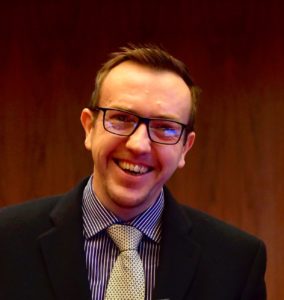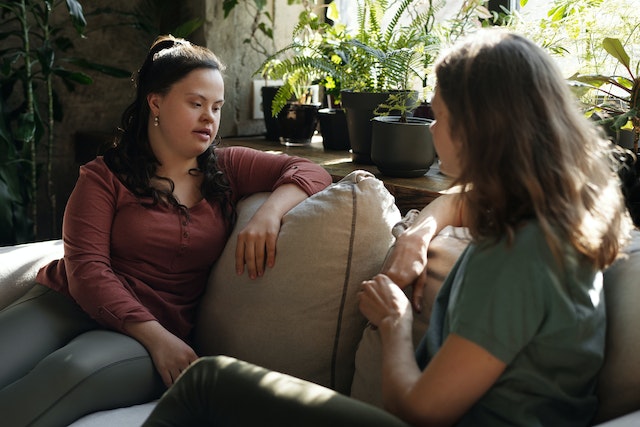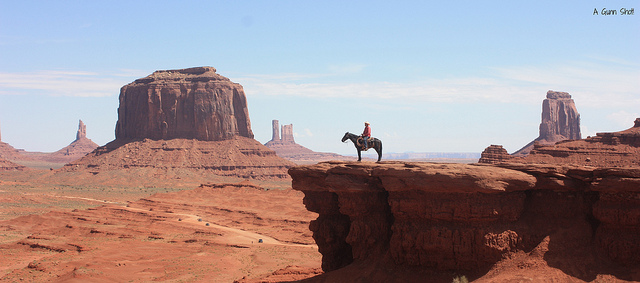As someone that is engaged in the disability community & has been diagnosed with two neuro divergent conditions (ADHD & Dyslexia), I am one of those people that is described in the book as “in between“.
To look at me you would not know that I am different from anyone else, in fact as a white middle-class six-foot plus Oxford educated male I fit the traditional and non diverse stereotypical norm for someone in the senior management position that I fulfill.
Often I don’t feel like my conditions are disabilities yet at the same time they certainly impact upon the way I think, upon the way I work and have at certain times in my life been significantly disabling.
Knowing that you are intelligent and yet repeatedly failing is incredibly frustrating I had my share of this both in education and in my early adult life. My academic performance was probably best described as erratic.
I was lucky enough to come from a background that gave me the support I needed to get through education and into the world of work. Often I felt like a fraud in an educational setting and was frequently called a daydreamer and a dilettante.
At the same time I was in complete denial that I could be dyslexic. I certainly did not want to be different as growing up in the 70s being different was associated with being stupid.
I fell into a job working in the field of technology and dyslexia and it changed my life. Adult diagnosis for the first time meant that I was comfortable in myself and willing to focus on my strengths and forgive myself when things didn’t go right.
As someone working in the field of diversity, disabilities and assistive technology I have made a conscious choice to be open about my dyslexia and my ADHD I have followed my passion & that’s enabled me to be successful in my work. I have found my strengths and work with them.
Despite this I still struggle with disability identity. Dyslexia and ADHD are part of my make up but I am not defined by my conditions. They give me both strength and weaknesses.
At the same time I don’t look disabled and quite often as with many people with a hidden condition it is easier to mask but this takes a great deal of effort and when the mask slips it comes as a surprise to a lot of people.
It is also somewhat difficult to claim a disabled identity when there are no visible signs other than the bruises from me walking into things.
The way the law is constructed however requires me to identify as disabled in order to qualify for support. I have come to recognise that disability identity is helpful and I have found the support and love of a wonderful community of human beings that are excepting of difference in the disability community.
This struggle between not identifying as “normal“ and not feeling “disabled enough“ is why I am so interested in this exploration of bi-ability model of disability.
Conceptual models of disability have stayed fairly static in the mainstream for a long time and neither the medical nor social model really reflects the realities of most peoples lives, indeed it’s why we use the BioPsychoSocial model as the preferred conceptual model for our accessibility program at work. I welcome a more flexible approach to understanding and conceptualising difference and I hope that reading this will give you pause for thought.
This article was originally published at atrophiedmind



